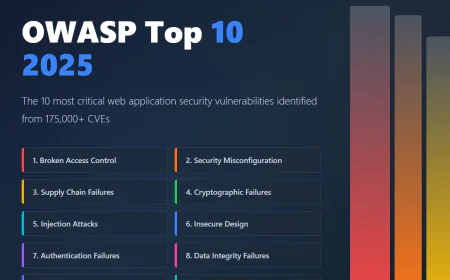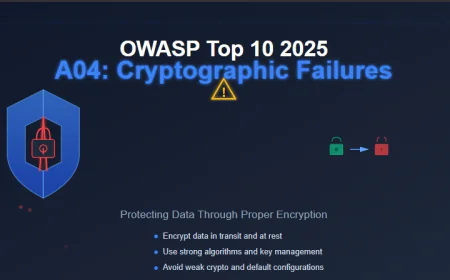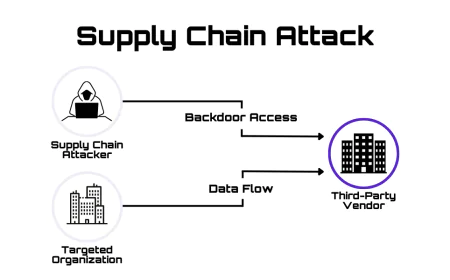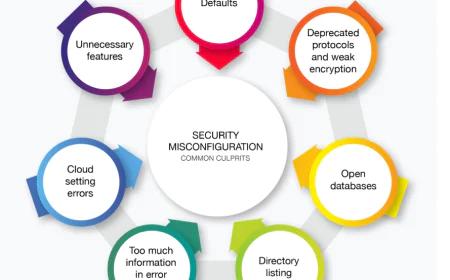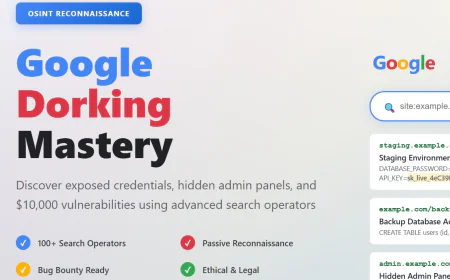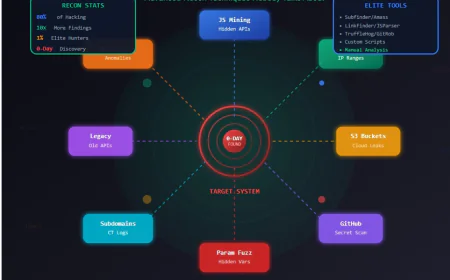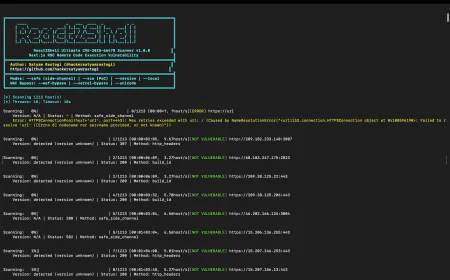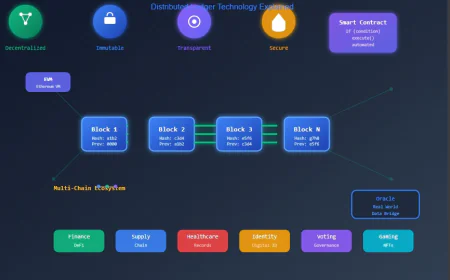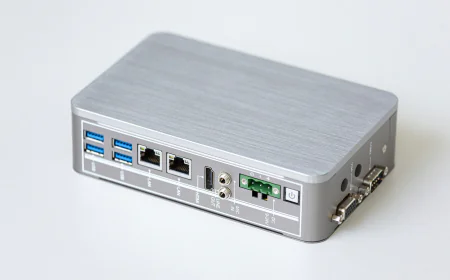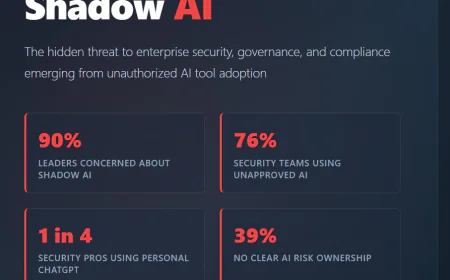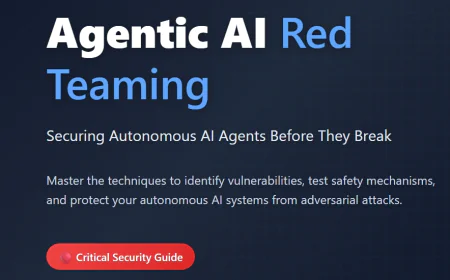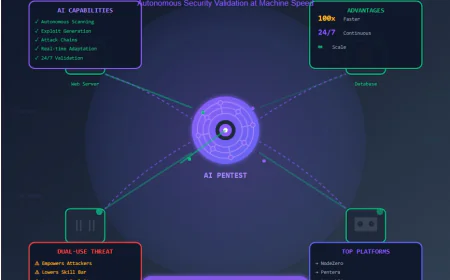How Hackers Target Small Businesses — And How to Fight Back
Small businesses are prime targets for hackers due to weaker security, making them vulnerable to attacks like phishing and ransomware. Strengthening employee awareness, using strong passwords, performing regular backups, and staying updated are key for protection and business survival.

The modern-day digital-first economy has made it such that not even the tiniest organization can escape the attention of cybercriminals. On the contrary, small and medium-sized enterprises (SMEs) have become the most common targets of attacks mainly due to their inability to afford the high-security-layered protection that large companies have. Hackers tend to go for the easy target — companies with poor defenses, very little security awareness, and obsolete systems.
To safeguard your organization, it is necessary to comprehend the tactics of the attackers, and then, you can build a cybersecurity for small businesses that is both practical and effective.
Why Small Businesses Are Hacker’s Top Priority
Hackers are very much like businessmen who are hardest to resist. They see that small businesses have a lot of valuable data — personal and financial information and login credentials — stored and at the same time, the small companies often just through the cybersecurity for small businesses walls. About half of the cyberattacks that take place across the world get directed at small to medium-sized businesses as per a number of surveys.
The belief that “we are too small to be a target” is a very dangerous notion that has become obsolete. The small businesses are the most suitable gateways for big data breaches. A hacker would take advantage of the poor security of your company to get into a big partner or a supplier. Without good enough cybersecurity for small businesses, you could be the weak link in the whole supply chain.
Hacker's Common Methods
1. Phishing Emails
Phishing is still the easiest and the most effective method for hackers to gain access to the system. Criminals from the internet send emails that look very much like legitimate contacts or vendors and trick employees to click on the links that are harmful or release the credentials. Spear phishing- where messages are customized for the best impact- often go without raising any suspicion at all.
As part of your cybersecurity for small businesses plan, training employees can reduce this risk significantly. Every member of staff should be able to recognize suspicious links, attachments, and the sender's address.
2. Ransomware Attacks
Ransomware is a huge billion-dollar industry today. After hackers gain access to the system, they encrypt the data that is vital for the business and then demand payment for the decryption key. Many small business companies that do not have good backup systems are forced to pay ransom. And even then, there is no guarantee that the data will be restored.
To have strong cybersecurity for small businesses, it is necessary to use the best practices such as scheduled, offsite backups and up-to-date anti-ransomware software to prevent this type of attack from happening in the first place.
3. Weak Passwords and Unsecured Access
Attackers can easily break in when they use passwords that are too simple or are reused. The majority of small companies do not even bother to apply password regulations or two-factor authentication. Consequently, a hacker can enter different systems just by guessing or purchasing leaked credentials.
A main rule of small business cybersecurity is to apply the use of complicated, unique passwords and MFA for every single account.
4. Outdated Software and Patches
Hackers always target old software vulnerabilities as their mainstay. When we neglect updates, we are opening in our systems they already know how to get through. Keeping operating systems, firewalls, and antivirus software up to date is one of the cheapest and most critical elements of cybersecurity for small businesses.
5. Social Engineering Hacks
Besides technology, hackers are using psychological tricks. They are impersonating IT personnel or delivery people and coaxing the employees into giving out sensitive information or letting them in. Social engineering skills must be part of the cybersecurity training for small businesses.
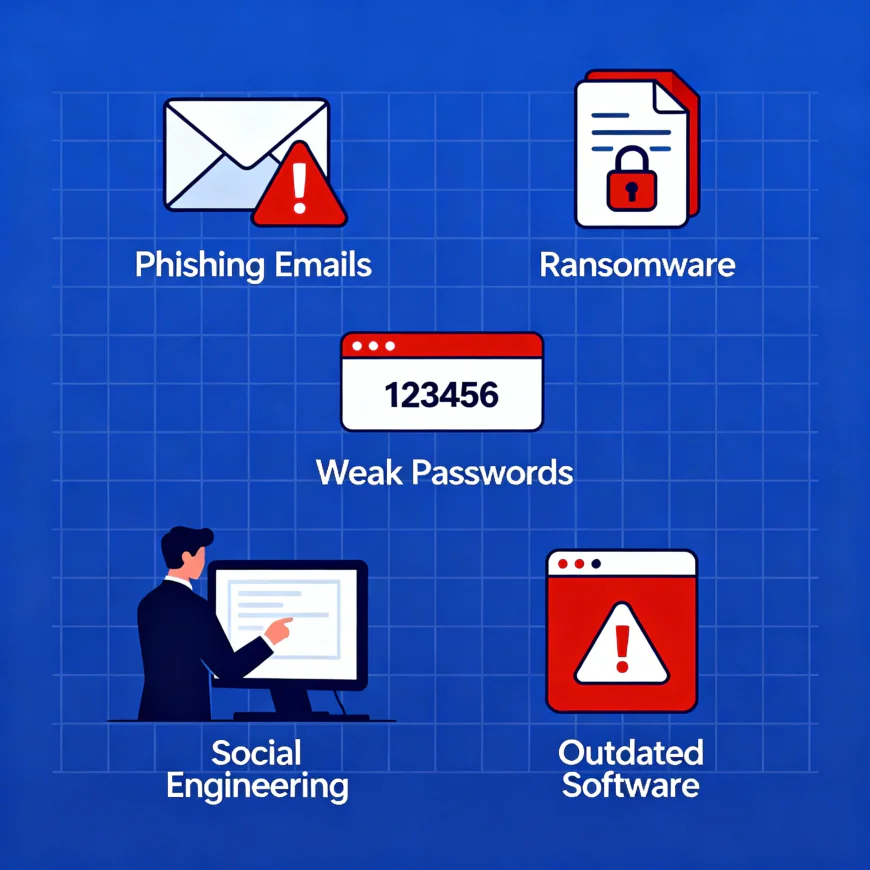
The Cost of Neglecting Cybersecurity
The cost related to a data breach is not only about ransom demands and downtime. A successful cyberattack can ruin your reputation forever. Besides, customers would lose trust in your business, continuous operations would cease, and if data protection laws are breached, you might even be sued.
Research findings reveal that 60% of small-scale businesses shut down within six months following a significant attack. It is not just a technical decision to secure small businesses; it is a survival strategy.
Smart Ways to Fight Back
1. Build a Cybersecurity Culture
Security is only as strong as the least informed employee in your organization. All workers should be made aware that cyber security in small businesses is a shared responsibility. Regular phishing simulations, awareness training, and reports encouraged for suspicious behavior should be the measures taken.
2. Create an Incident Response Plan
Promptness in knowing how to react can be the very thing that contains damage and lessens the time to recover. A written incident response plan is a must-have in the domain of cybersecurity for small businesses. It should clearly state the people involved, how they will communicate, and the processes to follow for recovery.
3. Backup, Encrypt, Repeat
Ransomware would be no match for you if you had backups. Encrypted backups that are automatically created and kept in a place that is disconnected from the main network should be part of your cybersecurity strategy. This one action can turn cybersecurity for small businesses into a really tough nut to crack.
4. Regular Security Audits Should Be Performed
Set up a monthly or quarterly system, access rights, and logs assessment along with external audits or penetration testing that could uncover an area where you are not duly pre-occupied. With the help of continuous evaluation, the fortification of cybersecurity for small enterprises will become much more effortless.
5. Endpoint and Network Protection Should Be an Investment
Cybercriminals mostly gain access through weak devices, which include laptops, routers, and IoT systems. Small businesses will have the aforementioned security tools plus VPNs and intrusion detection systems acting as the outer wall of their cybersecurity fortification.
6. Secure Your Supply Chain
A hacker does not have to target you head-on if he can exploit a company with the weakest defense in your supply chain. It is therefore essential that security and data handling protocols are strictly followed by your vendors. The shared responsibility is an emerging trend in professional cybersecurity for small businesses strategies.

Leveraging AI and Automation in Cyber Defense
Artificial Intelligence (AI) has now become accessible even for small companies. Today’s sophisticated security systems utilize AI to spot abnormal activities, instantly confine threats, and ease the process of reporting. With AI incorporated in your cyber defense, small businesses can secure their systems better and be a step ahead of the attackers who are always changing their tactics.
Government and Insurance Support
Many governments are providing free cybersecurity tools and frameworks to small businesses as part of their support. One way of increasing trust with customers and partners is to adopt standards from organizations like NIST or ISO 27001. On the other hand, cyber insurance offers a financial safety net, but benefits can only be claimed if the insured party has adhered to security protocols.
Building Long-Term Cyber Resilience
A company’s true cyber resilience capability is going beyond the deterrence of attacks to the quick recovery from such incidents. A small business that is secure keeps on changing, improving and training its employees on policies. Eventually, the small business cybersecurity will become a vital part of the company just like finance or HR.
Some practical resilience actions are:
- Encrypting mobile devices and all confidential files
- Utilizing cloud storage that is secure
- Establishing strong access control policies
- Watching for anomalies in activity logs
- Creating alternative workflows in case of an incident
All these practices can guarantee your micro and small business' cybersecurity to scale along with the growth and the changes in technology.
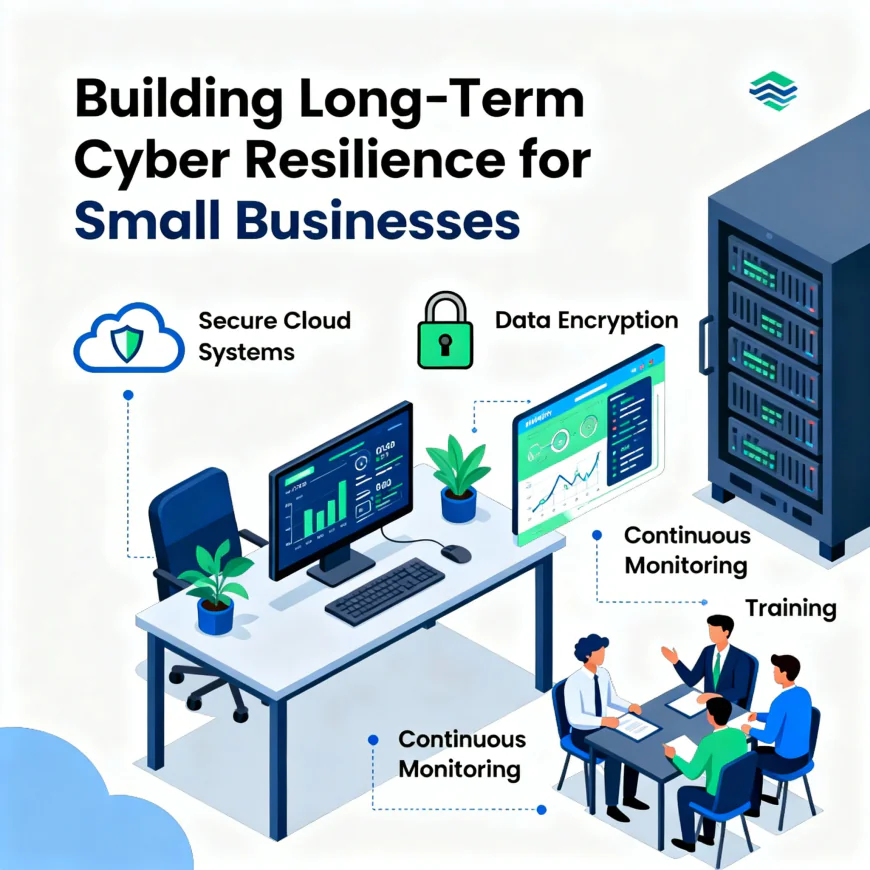
Conclusions
The primary reason hackers pick on small business rather than data-rich larger corporations is that they find small business the easiest to penetrate. And with appropriate awareness, comprehensive planning, and strong commitment, your company will not be the easy target they have expected.
If you invest in training, firewalls, multi-factor authentication and regular audits, you turn your weaknesses into strengths. The future belongs to those small businesses that do not underestimate cybersecurity for small businesses come next big clients. Just remember — in today's digital world, security is the first step to establishing trust.
